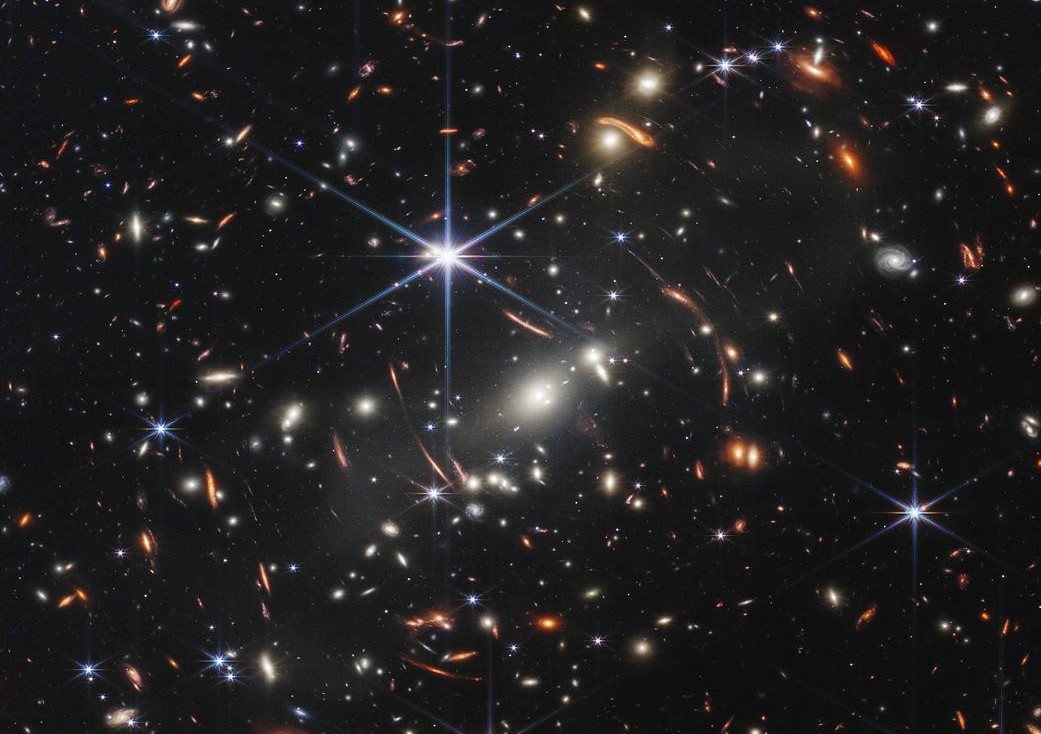Twelve years ago, on that momentous day of May 21, 2010, the world bore witness to an extraordinary achievement in the annals of human history. At the J. Craig Venter Institute, a team of scientists unveiled a revelation that would forever alter our perception of existence. With unwavering determination, they had succeeded in breathing life into a new entity, a single-celled organism, whose genetic makeup was entirely synthetic. In that instant, humanity stepped into a realm previously reserved for deities – we became, in a biological sense, the creators of life itself.
Now, as we stand twelve years hence, we find ourselves gazing upon a captivating tableau that reshapes our understanding of the universe and our place within it. This image, scarcely larger than a grain of sand, reveals a fragment of the cosmos, a testament to the origins of all that we know. Amidst the vast expanse of stars and galaxies, there is nothing else. It is from this infinitesimal point that we, along with all the familiar faces and countless souls, have sprung forth.
These monumental strides in science and technology are not merely harbingers of a new industrial era; they signal a profound philosophical and political shift. As humans take on the role of life’s architects and peer into the cosmic dawn, age-old constructs such as religion and nationalism, along with the scourge of pandemics and ignorance that have plagued us for millennia, should wither in significance. The imperative is to dismantle superstition and dispel ignorance in all its forms, empowering our working class to grasp their potential and wield it earnestly.
This indisputable evidence heralds an intellectual revolution, affirming that humans are the shapers of history and the world around them. Marx laid the groundwork for this transformation. In his 1845 “Theses on Feuerbach,” he decried previous philosophies that either perceived external reality as a product of unadulterated matter (materialism) or ascribed it to an eternal, intangible spirit (idealism). Within those theses, he illuminated the fact that the objective phenomena surrounding us are either the result of our “practice” or can only be comprehended in relation to it. He contended that the world’s explanation hinges on the revolutionary and social actions of humans, actions that bring about enduring change. Today’s scientific-industrial revolution, epitomized by the creation of life itself by human hands, underscores that humans not only forge history but also exert an unprecedented influence, even creation, over the natural world, insofar as it concerns humanity.
Regrettably, practical reality diverges from these lofty ideals for our working class. The sweeping technological revolution unfolding before our eyes shall benefit humanity only to the extent that existing social relations permit. As with prior industrial revolutions, it will be harnessed for the gain of capital, banks, and the stock exchange. Nevertheless, this awe-inspiring feat, this revelation that humans can create life and explore the cosmic origins, has ignited a spark in those who dare to question. It compels us to ask why, armed with such boundless potential, we still grapple with suffering and unresolved issues.
Marx, our guiding light, had already furnished an answer, plain and lucid. “The philosophers have hitherto only interpreted the world in various ways, but the point, however, is to change it!” Through revolutionary praxis, humanity must rise against the inverted world order, one that hinges on the rule of capital and the ownership of the means of production, which should rightfully belong to the toiling masses.
The creation of life by human hands and our contemplation of the universe’s origins stand as resounding victories against the shadows of superstition and ignorance. They serve as irrefutable evidence in support of Marx’s theories and promise untold possibilities for the liberation of humankind from the shackles of wage slavery, the final form of human subjugation.






